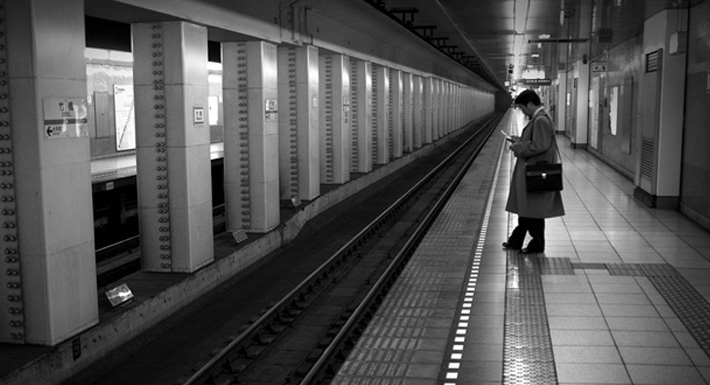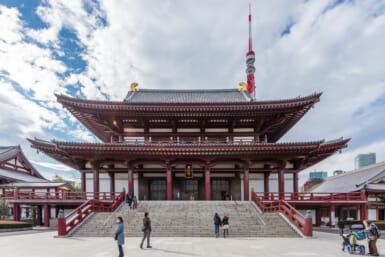Last month, Japan’s Health Ministry reported that Japanese women had the longest life expectancy in the world for the 25th year in a row, with the average life span being 86.44 years in 2009. While much has been made of this fact, perhaps more attention should be focused on why the gap between the life expectancy of Japanese women and that of Japanese men is increasing. Interestingly enough, this gap widened last year by 0.09 percent to 6.85 years. While Japanese men have the fourth highest life expectancy in the world at 79.59 years, high suicide rates amongst the country’s young men are impacting it significantly.
According to the National Police Agency, 32,845 people committed suicide last year, with over 70 percent of them being men. This translates into one suicide every 16 minutes, leaving Japan with one of the highest suicide rates in the world. Police say that men carry more stress, and the state of the country’s economy, along with big job losses that followed the global financial crisis are mostly to blame. However, underlying mental health issues that often act as the catalyst to suicide are largely ignored both statistically and on a more personal level by family, due to the shame associated with them—even though a 2008 study by the Ministry of Health, Welfare and Labor found that 24 percent of Japanese suffer from mental health problems.
It doesn’t help that Japanese culture dictates that people, particularly men, keep personal dilemmas to themselves, and that mental health problems aren’t widely recognized or understood in the general community. This,coupled with the fact that suicide—not a criminalized act in Japan—is often perceived as an honorable act, only serves to compound the problem.
The government is attempting to deal with Japan’s suicide problem. The Nemureteimasuka? (Are you sleeping OK?) suicide prevention campaign was recently launched on television commercials and posters with the message, “If you haven’t been sleeping properly for two weeks or more, you may be depressed, and liable to commit suicide,” followed by encouraging those affected to see a doctor. Still, critics of the campaign have suggested that the government should be more concerned with changing the social stigma surrounding mental health in order to adequately address the issue.
Japan is home to one suicide every 16 minutes, leaving it with one of the highest suicide rates in the world.
So where does this leave foreigners in Japan who are experiencing emotional and mental difficulties, suffer from a mental illness, or have thought about suicide? There are good telephone hotlines, as well as counseling and psychiatric services, available in and around Tokyo. The links below will provide further detailed information on how to speak to someone over the phone, make an appointment, or what to do in the case of a mental health emergency.
It is vital to remember that depression and mental health issues are more prevalent than most realize. Often when someone feels that he or she can’t talk to a family member or friend, it is easier to connect with a counselor anonymously via the phone.
Working and living abroad, particularly in a country like Japan where foreigners must adhere to specific cultural and behavioral expectations within their professional and personal lives, can be more stressful than first thought. It is just as important to have a healthy mind as it is a healthy body. Sometimes all it takes is a good diet and regular exercise; sometimes it takes a little outside help.
Tokyo English Life Line
Free anonymous telephone counseling available 9am–11pm daily
www.telljp.com
Tel: 03-5774-0992
International Mental Health Professionals Japan
www.imhpj.org
Tokyo Meguro Counseling Centre
www.megurocounseling.com









